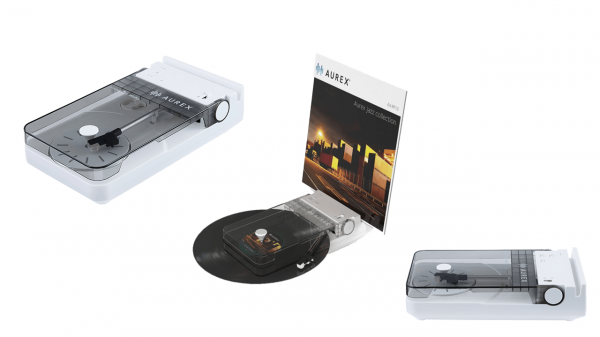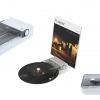There are few operations to get up and running that are as complex as a computer system. The hardware involved–CPUs, monitors, hard drives and network cabling–is only the beginning. Then there is the operating system, a functional network, each application, backup functionality and a dozen or so utilities to get fully working. Once all these elements are in play, there is constant debugging and tweaking that will continue for the life of the system. After all that effort, the last thing a system administrator needs is to have the life of any of the various hardware components cut short–but in the case of hard drives, that’s exactly what can happen.
There are a number of factors that can contribute to hard drive failure, but a major cause is the wear and tear caused by file fragmentation. When a file is fragmented into tens, hundreds or thousands of fragments, access to that file can take a substantial number of I/O requests. Not only is performance slowed down dramatically, but the thrashing about of the disk read-write head removes years of life off of a hard drive, causing it to fail well short of the life IT expected for it.
Many companies have implemented scheduled defrag to make sure drives are defragmented. But what system administrators in these companies may not know is that despite scheduled defragmentation, hard drives are still experiencing unnecessary wear and tear. Because file sizes have become enormous and disk capacities have so greatly increased, fragmentation builds up far quicker than it used to. In between scheduled runs, fragmentation continues to impact performance and continues to reduce hard drive life–and in some instances, as in the case of very large drives, the defragmenter isn’t even addressing the fragmentation problem.
In order to keep and extend hard drive life in today’s computing environment, the fully automatic defragmentation of Diskeeper is required.
“I am a firm believer in the need for a good defrag program on computers, especially ones that have a lot of information being copied on and off the hard drive,” said Jason Martin, IT Director at Braymore Distribution Services in North York, Ontario, Canada. “I have been running Diskeeper on my server and workstations for over a year now and am very happy with it.”
Utilizing the proprietary InvisiTasking technology, Diskeeper defragments whenever idle computer resources are available. It also utilizes the appropriate defragmentation method for the drive being defragmented, and the severity of fragmentation. Since it is fully automatic, it also requires no scheduling, eliminating another time-consuming chore from an already-full IT task list.
“I wouldn’t consider another defrag program, because Diskeeper runs so well that I forget that it is running in the background,” Martin said. “With Diskeeper’s InvisiTasking, I load it and it goes. If a Network Admin is interested in the long run use of his computers, he should seriously consider this product in their software portfolio.”
Contact: Colleen Toumayan
Email: ctoumayan@diskeeper.com























